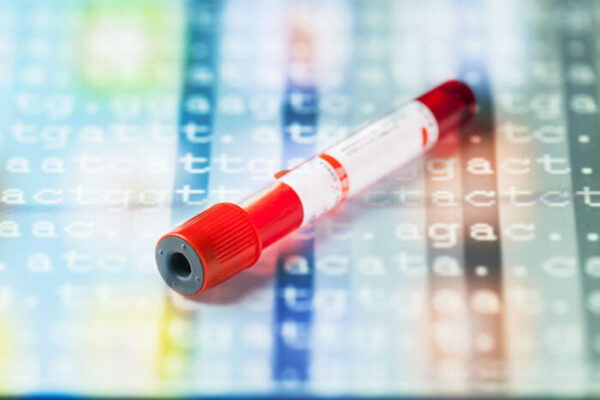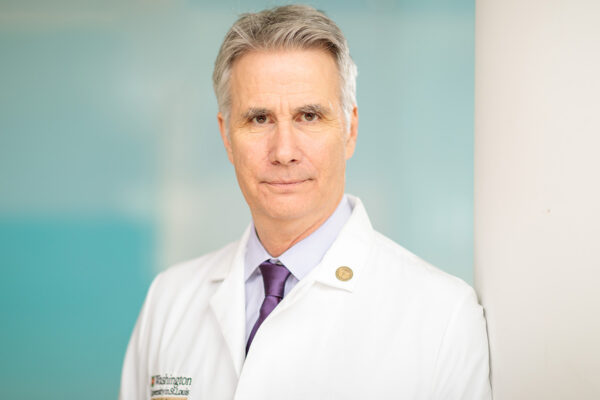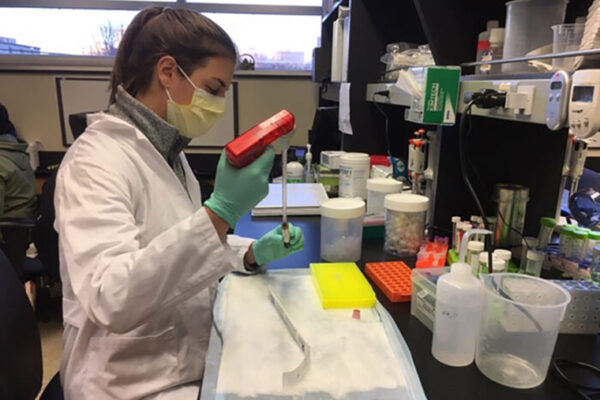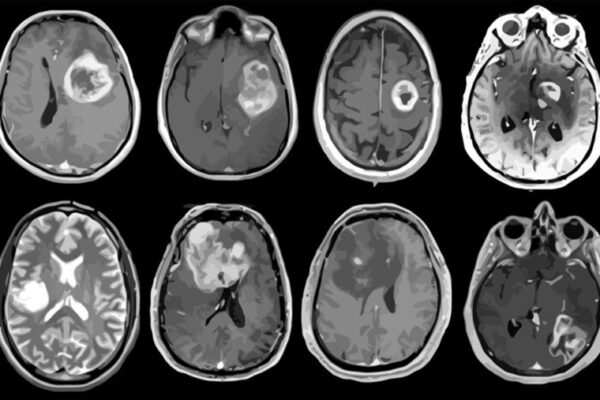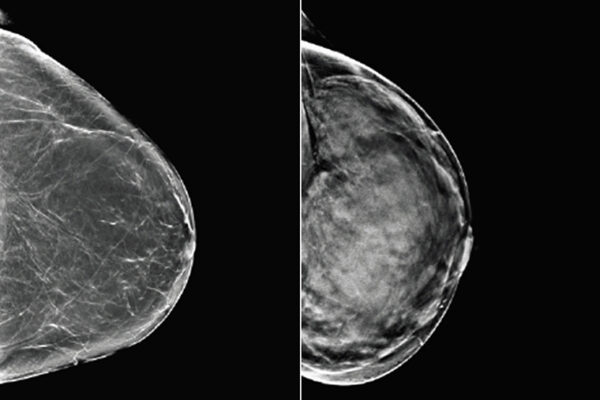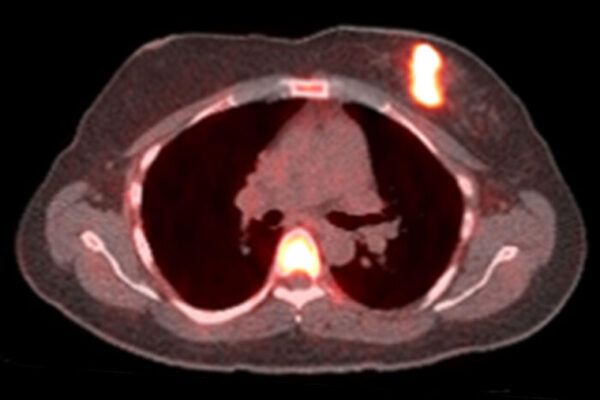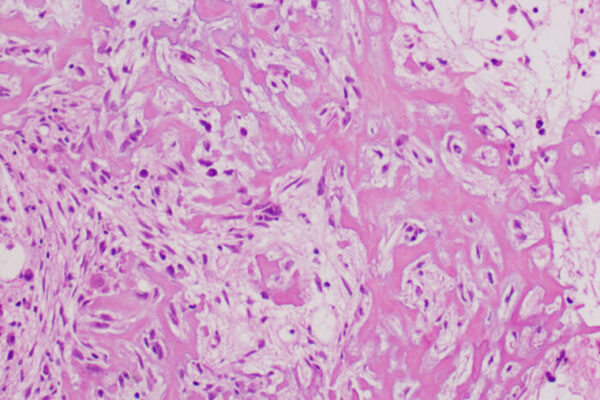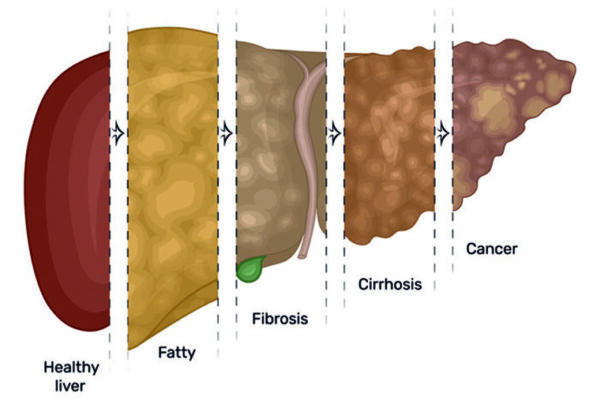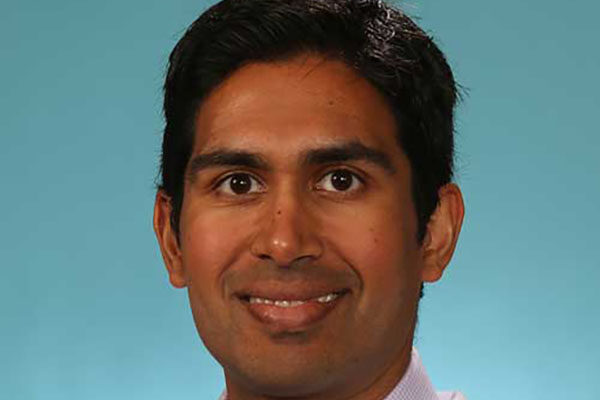Promising role for whole genome sequencing in guiding blood cancer treatment
A new study from the School of Medicine shows that whole genome sequencing is at least as accurate — and often better than — conventional genetic tests that help determine the treatment for a patient’s blood cancer.
Walking pace among cancer survivors may be important for survival
A new study from Washington University School of Medicine in St. Louis and the National Cancer Institute finds a possible link between slow walking pace and an increased risk of death among cancer survivors.
Cote named a National Academy of Inventors senior member
Pathologist Richard J. Cote, MD, the Edward Mallinckrodt Professor at the School of Medicine, has been elected a senior member of the National Academy of Inventors.
Liquid biopsy for colorectal cancer could guide therapy for tumors
Researchers at Washington University School of Medicine in St. Louis have developed a liquid biopsy — examining blood or urine — that could help guide treatment for colorectal cancer patients.
Aggressive brain tumor mapped in genetic, molecular detail
A new study led by the School of Medicine has mapped out detailed molecular and genetic schematics of glioblastoma, an aggressive brain tumor, opening the door to potential improved therapies.
Algorithm analyzes mammograms, signals need for more breast cancer screening
Researchers at the School of Medicine and Whiterabbit.ai have developed a software that assesses breast density and can help identify women who could benefit from additional screening.
Imaging identifies breast cancer patients unlikely to benefit from hormone therapy
In a small study, researchers at Washington University School of Medicine found that only women whose tumors responded to estrogen challenge benefited from hormone therapy. The findings could help doctors choose the treatments most likely to help their patients.
Nixing bone cancer fuel supply offers new treatment approach, mouse study suggests
A new study from Washington University School of Medicine suggests that a two-drug combination targeting a tumor’s energy sources could be as effective and less toxic than methotrexate, a long-used chemotherapy drug often given in high doses to treat osteosarcoma, a bone cancer.
Study reveals links between fatty liver disease, liver cancer
Researchers at Washington University School of Medicine in St. Louis have found that a protein involved in regulating lipid levels in the liver and blood also promotes development and progression of fatty liver disease and liver cancer in mice.
Chaudhuri receives V Scholar Award
Aadel A. Chaudhuri, MD, PhD, assistant professor of radiation oncology at Washington University School of Medicine, has received the V Scholar Award from the V Foundation for Cancer Research.
Older Stories
